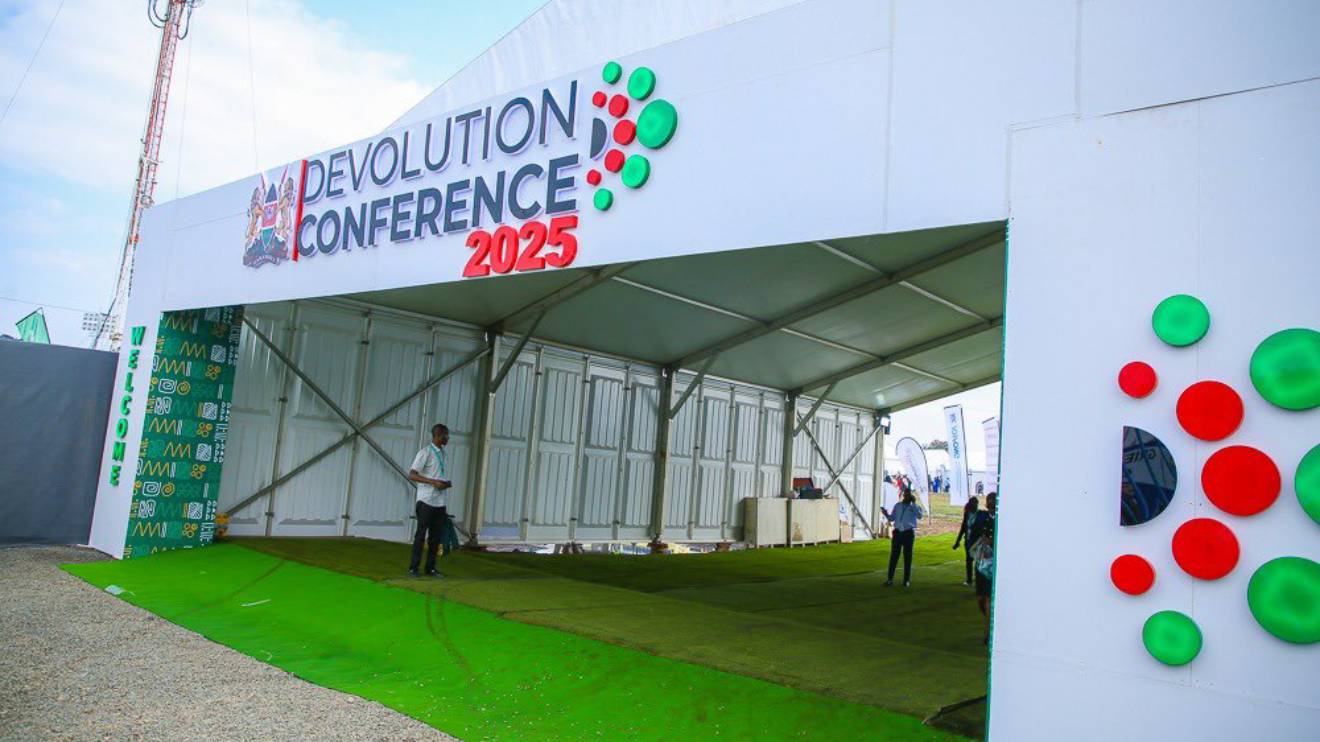Prospective homeowners under the government’s Affordable Housing Programme will now only need to raise half the deposit previously required, following the Cabinet’s decision to reduce the minimum upfront payment from 10 per cent to 5 per cent of the unit’s value.
The adjustment, approved during the Cabinet’s Tuesday sitting, is part of the newly endorsed Affordable Housing Regulations, 2024, aimed at streamlining and accelerating the implementation of the housing agenda.
The move is expected to ease access for low- and middle-income Kenyans, many of whom have long been locked out of home ownership due to prohibitive entry costs.
“A key feature of the regulations is the reduction of the required housing deposit from 10 per cent to 5 per cent, lowering the barrier to entry for low- and middle-income earners. Other provisions include equitable housing allocation across income groups, access to low-interest or low-monthly-payment home loans, and structured deposit assistance for those unable to pay upfront,” read a despatch from the Cabinet Office.
Since the launch of the Affordable Housing Programme in 2022, government data shows that 11,000 housing units have already been delivered, with an additional 150,000 at various stages of construction across the country.
Read More
The Cabinet noted that the regulations will also serve as a framework for how affordable and institutional housing is to be developed, designed, and maintained across all counties.
“The regulations also guide the development, design, and maintenance of affordable and institutional housing across all counties. Additionally, they support long-term financing solutions for both development and purchase, and provide funding for maintenance and essential services within housing schemes,” said the Cabinet.
The government hopes that the revised terms, along with support measures such as access to low-interest financing and deposit support structures, will encourage broader participation in the housing programme and bring it within reach of a larger section of the population.
The new rules mark the latest step in a series of efforts to entrench the housing initiative as a cornerstone of the national development agenda, while addressing growing demand for dignified and accessible shelter in both urban and rural settings.








